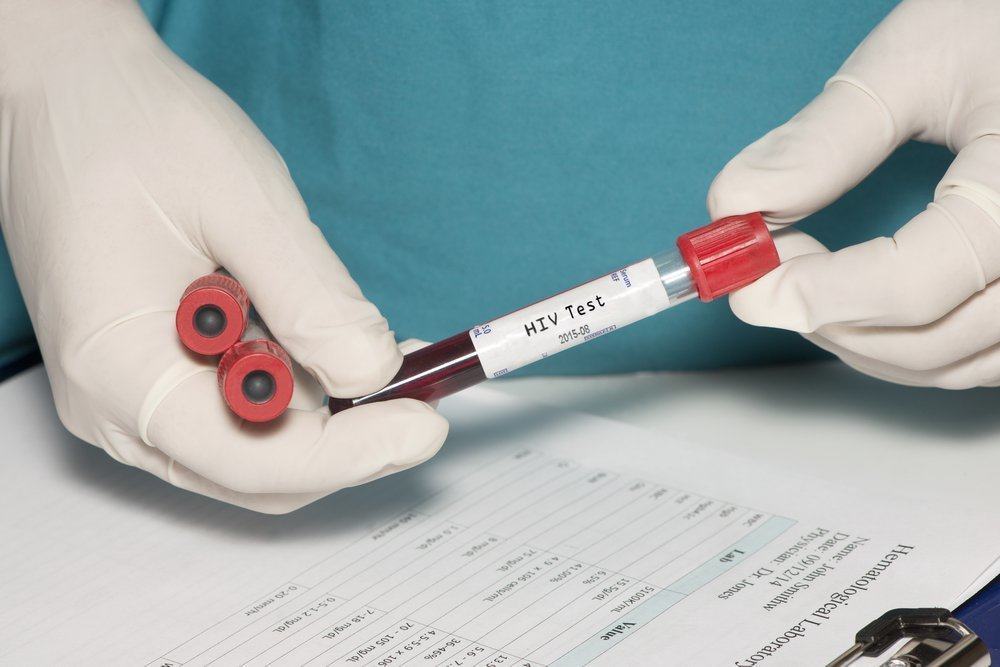Contents:
- Medical Video: Liver Transplant in Children and Teenagers: A Team Approach to Life-saving Care
- Why does my child need a liver transplant?
- How do you find a liver donor?
- How do you support your child after a liver transplant?
Medical Video: Liver Transplant in Children and Teenagers: A Team Approach to Life-saving Care
When you hear a doctor tell you that your child's heart has failed and needs surgery, you may feel scared, angry or confused. This can be a daunting process, but keep in mind that most children who do liver transplants survive and live longer and healthier. We can help you understand the possible reasons why your child needs a liver transplant and what to expect during the process.
Why does my child need a liver transplant?
Liver transplant is needed if your child's heart is not working right now. The liver is one of the most important organs in your body. Responsible for filtering blood from harmful poisons, producing bile (substances needed to digest food), and storing energy in the form of sugar. When your child's heart doesn't work, it can cause your child to become very sick. There are several health conditions that can cause the liver to fail. These conditions may include:
- Hepatitis, inflammation of the liver which can cause scarring and permanent damage
- Hemochromatosis, a genetic disease that causes the body to receive too much iron which causes liver damage
- Wilson's disease, a genetic disease that causes the body to receive too much copper which causes liver damage
- Alagile syndrome, a genetic disease that causes liver damage and abnormalities
- Antitrypsin Alpha-1, a genetic disease that prevents the body from producing an important protein called alpha-1 antitrypin needed for liver function.
Your doctor will look for ways to save old hearts but when that is not possible, liver transplantation is the best choice for your child to live longer and healthier.
How do you find a liver donor?
To find a healthy heart, your doctor must ask for a liver donor. There is usually a waiting list and it may take some time to find an available heart and match your child's blood type and network. Be patient and know that doctors and transplant teams do their best to find a healthy heart as soon as possible for your child.
The liver usually comes from a deceased donor. But there are some cases, when the liver can come from a living donor. The liver is divided into 2 parts: right lobe and left lobe. A child may only need a portion of an adult heart. The liver from a living donor will regenerate and grow back to its normal size after a few weeks. You should talk to your doctor whether you or someone in your family can be a donor.
How do you support your child after a liver transplant?
You must support your child by telling them information about what will happen before, during and after a liver transplant to them. It is important to include your child during a consultation with a doctor. This way you will gain your child's trust and make them feel safe and protected.
After a liver transplant, your child will need your support more than before. The first few weeks and months will be difficult. There will be many changes that will affect you and your family. It is important for you to carefully follow the doctor's instructions, do not miss any doses of prescribed immunosuppressive drugs, avoid crowded areas and people who are sick. Your child will also experience physical and emotional changes. Try to stay positive and strong. Your child needs your support more than before.












